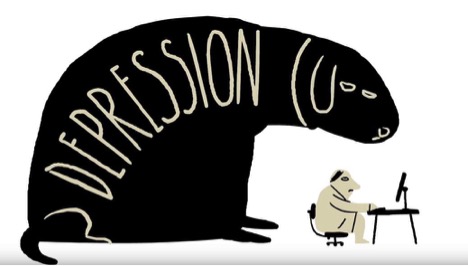
According to the most recent World Justice Project Rule of Law Index, Canada ranks twelfth overall out of 113 countries included in the survey. Denmark, Norway, Finland, Sweden and the Netherlands rank first to fifth, respectively. Canada’s overall index score of 0.81 is tied with the UK and Australia. The US ranks eighteenth overall. Ranking twelfth out of 113 puts Canada near the top of the...


